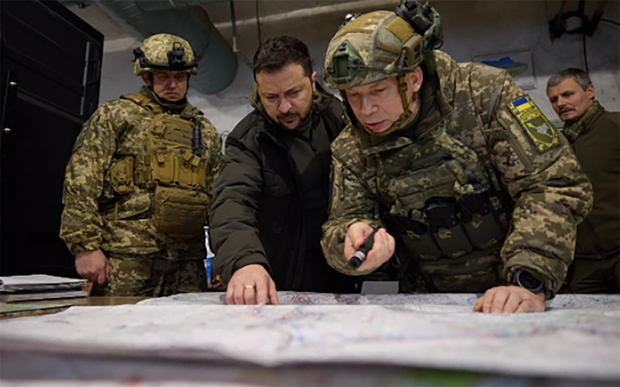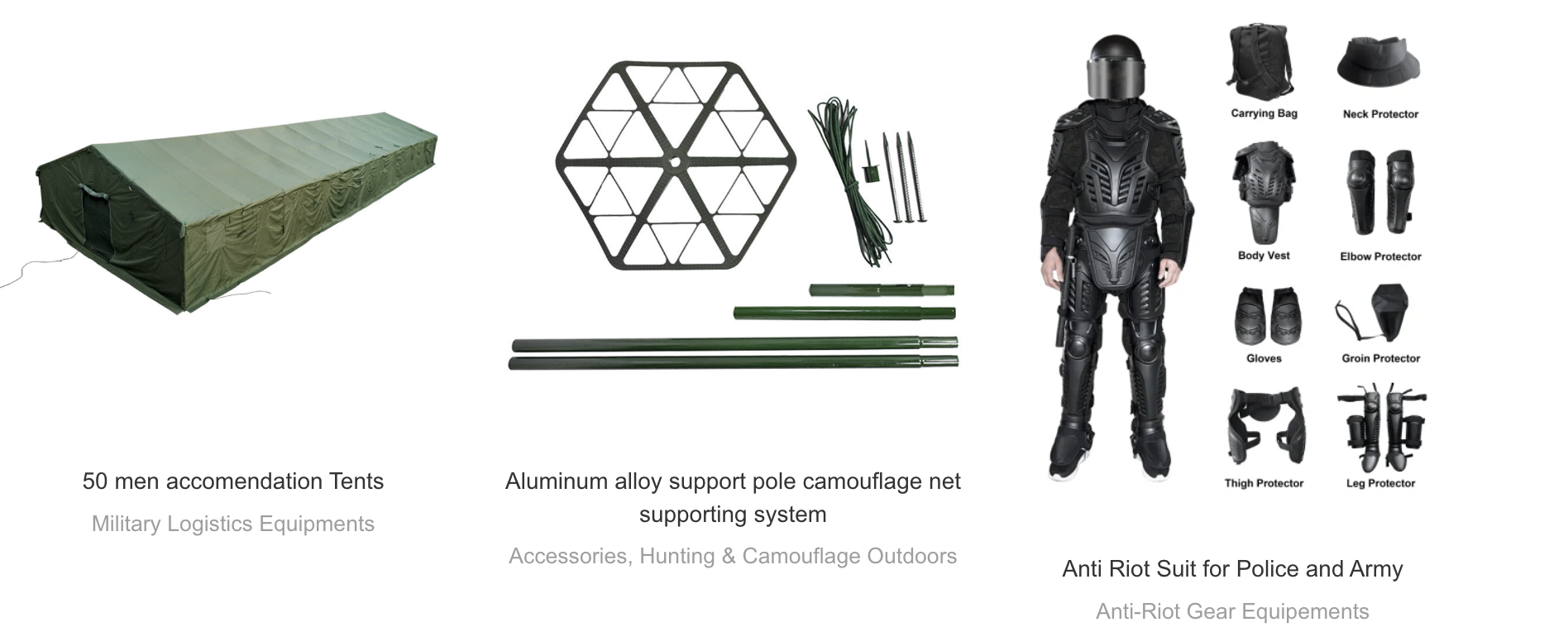Current Developments in the Middle East and Ukraine Conflicts
Middle East
The situation in the Middle East remains complex and volatile, with multiple conflicts and tensions influencing the region:
Yemen: The conflict in Yemen continues to cause severe humanitarian distress. The Houthis have increased attacks on maritime shipping, exacerbating economic and security issues. Efforts to negotiate peace have been ongoing but face significant challenges due to trust deficits and humanitarian crises (UN Press) (United States Institute of Peace).
Israel-Palestine Conflict: The conflict between Israel and Hamas in Gaza has led to significant casualties and displacement. There’s a risk of broader regional escalation, with spillover effects in Lebanon, Syria, and the Red Sea, where the Houthis have been launching missile attacks. Efforts to contain these conflicts have included diplomatic negotiations and military actions (Middle East Institute) (United States Institute of Peace).
Lebanon-Israel Border: Hostilities between Hezbollah and Israel remain intense, causing casualties and displacement on both sides. Israel has demanded that Hezbollah withdraw from border areas to ease tensions, but the situation remains fragile (United States Institute of Peace).
Iran’s Influence: Iran continues to play a significant role in regional conflicts, supporting various militant groups and engaging in a shadow war with Israel, particularly in Syria. The death of the Iranian Supreme Leader in the future could also cause significant shifts in regional dynamics (Middle East Institute) (United States Institute of Peace).
Ukraine
The Russia-Ukraine war continues with high intensity:

Frontline Fighting: Both Ukrainian and Russian forces are engaged in fierce battles, particularly in eastern Ukraine. Recent offensives have seen both sides making limited gains, but the situation remains a brutal stalemate with heavy casualties (Middle East Institute) (United States Institute of Peace).
Global Impact: The conflict has significant global repercussions, including economic disruptions and international diplomatic tensions. Western countries continue to support Ukraine with military and economic aid, while Russia faces increasing sanctions and diplomatic isolation (United States Institute of Peace).
The ongoing conflicts in both regions are marked by complex political, economic, and humanitarian issues, with significant international involvement and repercussions.
As ordinary people, what arrangements should we make?
As ordinary people, when facing complex international situations such as the Middle East War and the Russian-Ukrainian War, we can take the following measures and arrangements to ensure the safety of ourselves and our families and prepare for possible emergencies:
1. Information acquisition and analysis
Follow the news: Keep abreast of the international situation and obtain the latest information through reliable news sources. You can pay attention to the developments released by major news websites, government announcements and international organizations.
Distinguish information: Learn to distinguish the authenticity of information, do not believe in rumors and unconfirmed news, so as not to cause unnecessary panic.
2. Safety preparation
Material reserves: Reserve necessary living materials, including food, water, medicine, etc., to ensure that there are enough materials to deal with emergencies.
Emergency tools: Prepare emergency tool kits, including flashlights, radios, batteries, first aid kits, etc., in case of emergency.
3. Economic preparation
Financial planning: In the uncertain international situation, maintain a certain cash reserve and avoid investing all assets in high-risk projects. Pay attention to changes in the financial market and adjust investment strategies in time.
Insurance protection: Consider purchasing appropriate insurance products, such as health insurance, accident insurance, etc., to provide additional financial protection.
4. Psychological preparation
Mental health: Pay attention to your mental health, maintain an optimistic attitude, and avoid anxiety and stress caused by excessive attention to negative news. You can relieve stress through exercise, reading, and communicating with relatives and friends.
Family communication: Communicate with family members, develop emergency plans, and ensure that everyone knows the response measures and contact information in case of emergencies.
5. Home safety
Family protection: Check home safety facilities, such as fire prevention equipment, anti-theft facilities, etc., to ensure the safety of family members in emergencies.
Community participation: Understand the community’s emergency plans and shelters, actively participate in community safety activities, and jointly respond to emergencies.
6. Education and training
First aid knowledge: Learn basic first aid knowledge and skills, and be able to perform preliminary self-rescue and mutual rescue in emergency situations.
Disaster prevention drills: Conduct family disaster prevention drills regularly to ensure that every family member is familiar with the emergency plan and can respond quickly in emergencies.
7. International support and humanitarian aid
Focus on humanitarian aid: When you are able, pay attention to and support the work of international humanitarian aid organizations, and help areas and people affected by war through donations or volunteer services.
Global vision: Cultivate a global vision, understand the culture and history of different countries and regions, and enhance your understanding and ability to respond to international situations.
Through the above measures, ordinary people can better protect themselves and their families in a complex international situation and be fully prepared to deal with possible emergencies.
If you need to purchase explosion-proof equipment, such as safety helmets, bulletproof vests, etc., contact us to get the lowest negotiable price and best service: https://www.hfcatchin.com/products/



